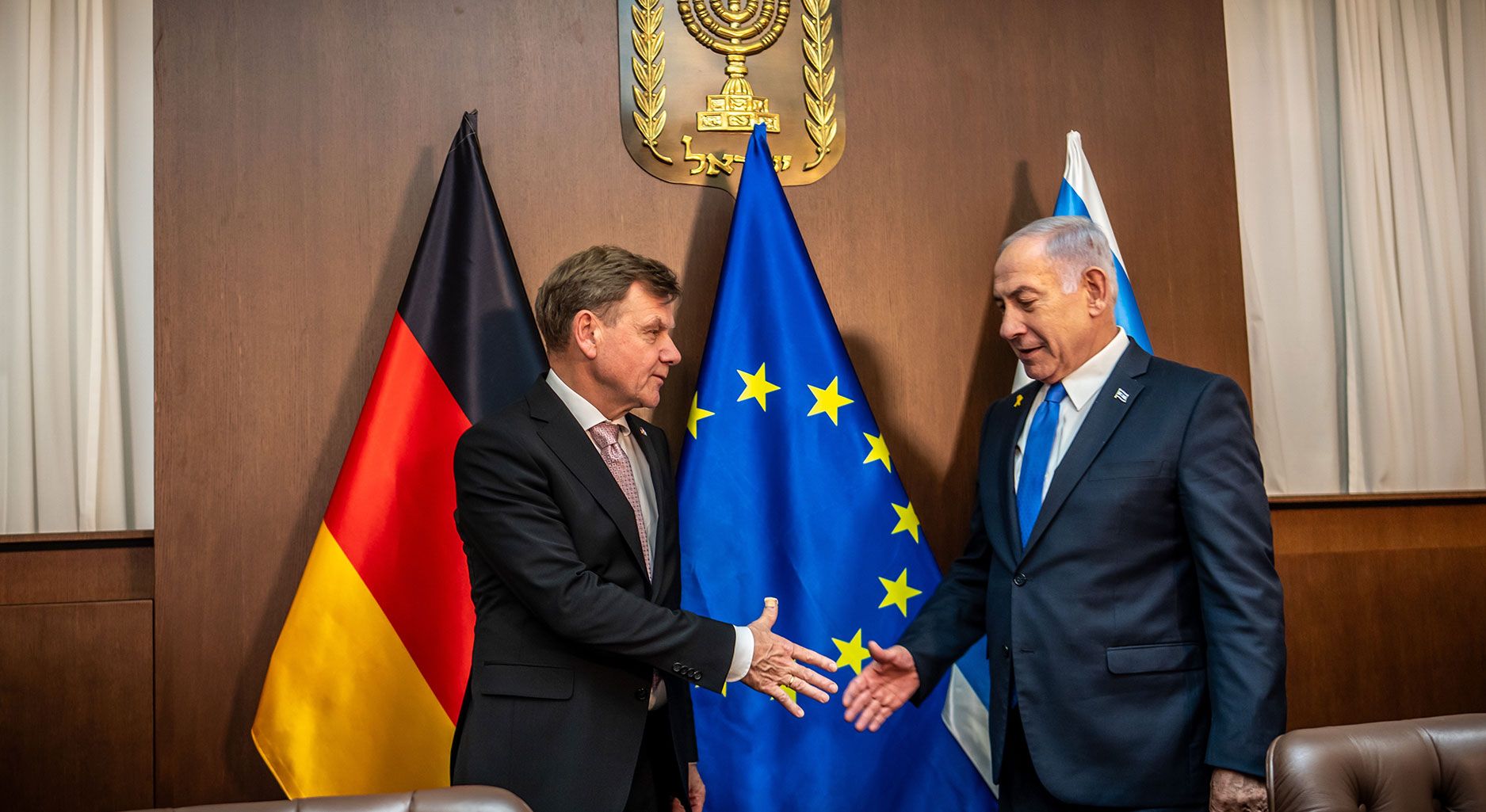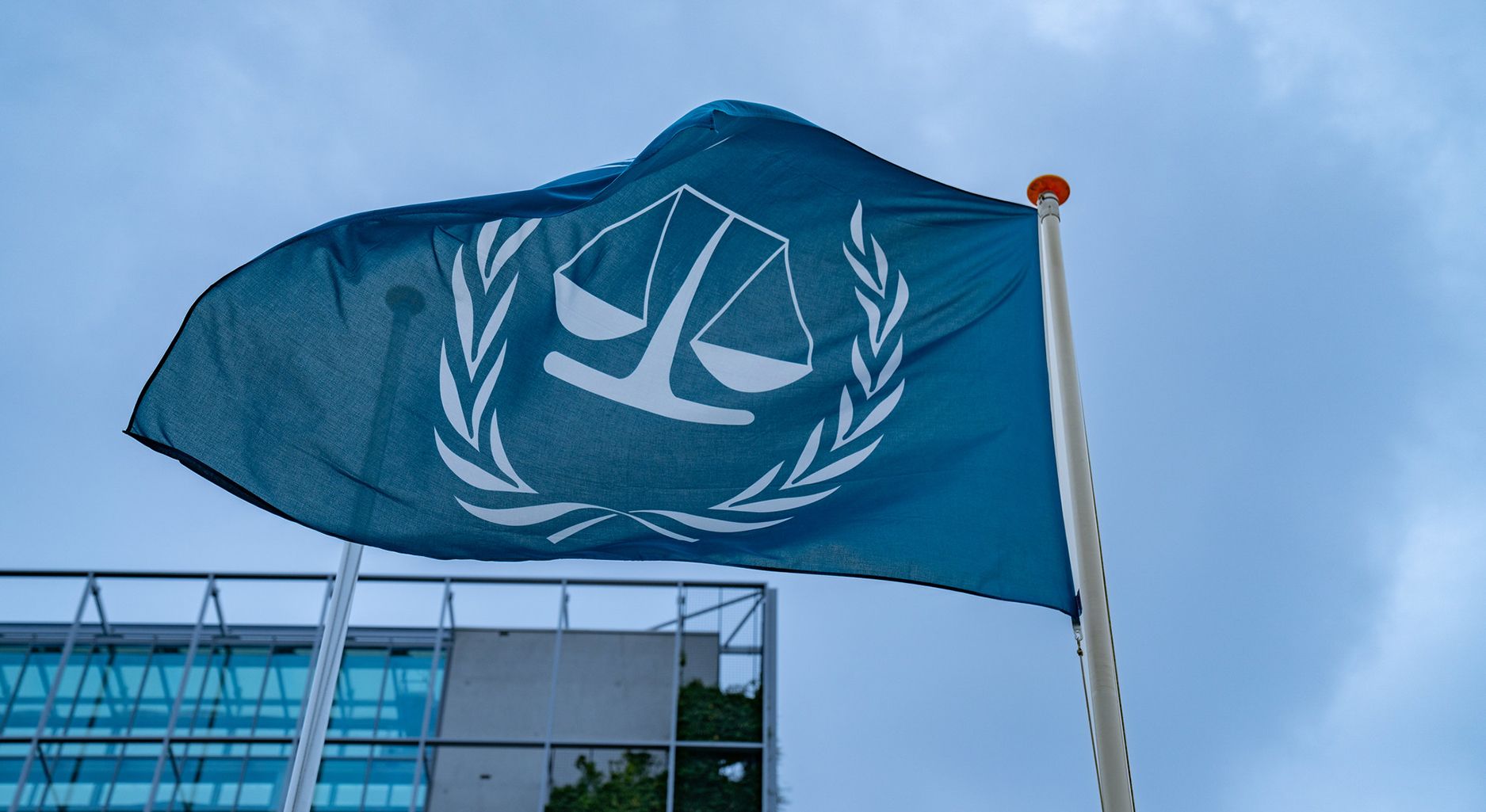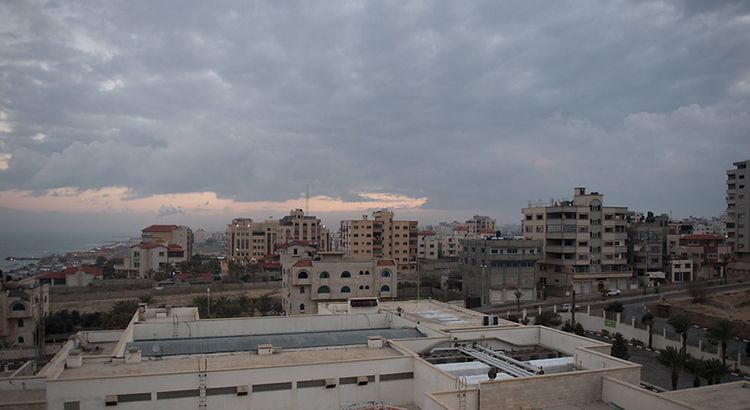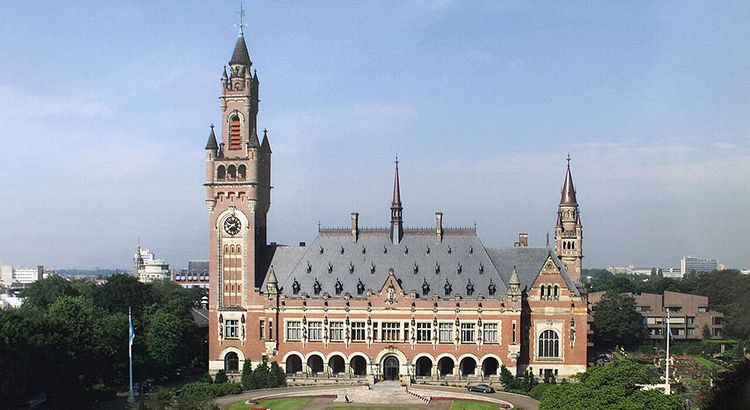Kritik ohne Konsequenzen: Überfällige Schritte für eine friedenspolitische Rolle Deutschlands im Israel-Gaza Krieg
Die Kritik am israelischen Vorgehen in Gaza wird plötzlich auch in der deutschen Politik...




